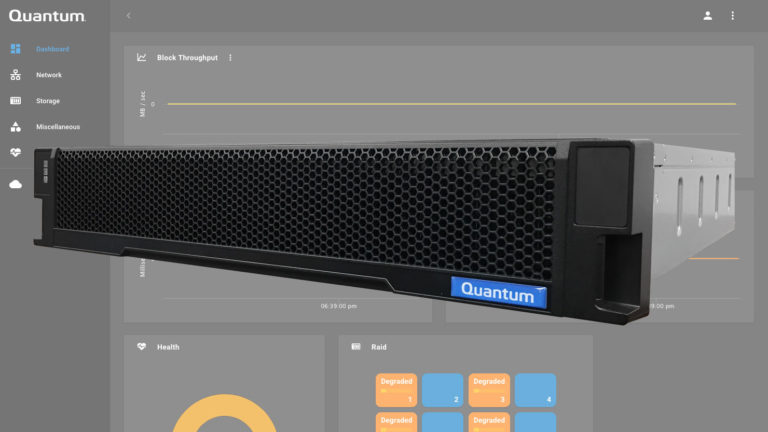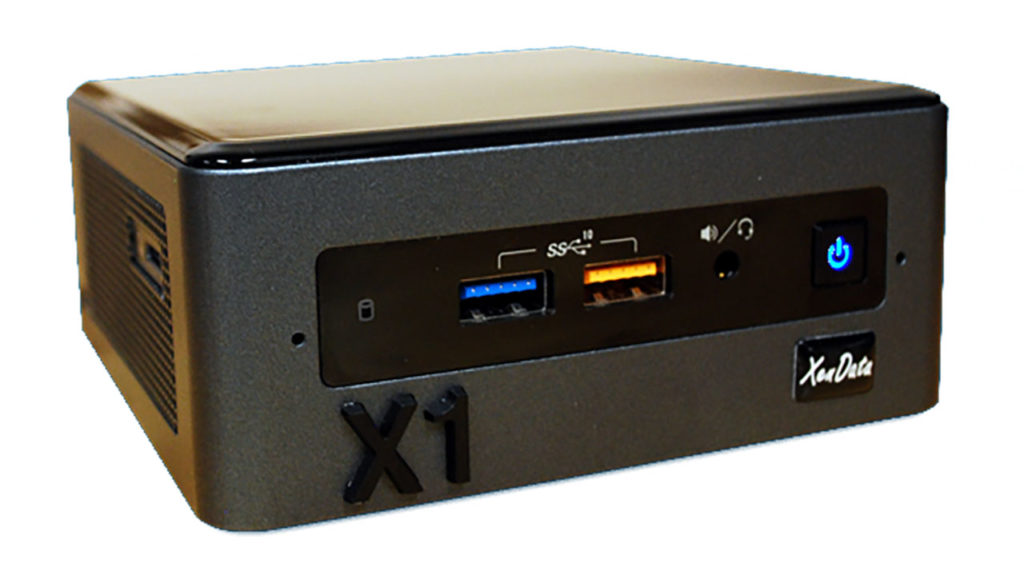
Big Blue may have turned 100 on June 16, but it is not stopping there. Researchers in an IBM lab in Zurich, Switzerland, announced today that they had successfully demonstrated a new memory chip that is faster and more durable than existing solid-state drives (SSDs) based on flash memory.
According to IBM’s release, the new chip is based on phase-change memory technology, which can write and retrieve data 100 times faster than flash. IBM began working with PCM back in 2005. The new chips are similar to existing SSDs in that they retain all their data after a power source is removed. But flash-based chips use an erase-write cycle, removing old files to make way for the new. This wears them down over time. IBM claims the new PCM chip can handle about 10 million write cycles, compared to the 5,000 – 30,000 cycle a typical SSD can handle today.
Because these PCM chips are potentially so universal — they could end up in your cell phone, in your desktop and in massive storage networks that control the cloud — IBM predicts they will be in widespread use by 2016, advancing “the development of low-cost, faster and more durable memory applications” across the board.
(above photo by Michael Lowry/IBM Research, Zurich)
Crafts: Storage
Topics: Blog Post-production rendering storage
Did you enjoy this article? Sign up to receive the StudioDaily Fix eletter containing the latest stories, including news, videos, interviews, reviews and more.









